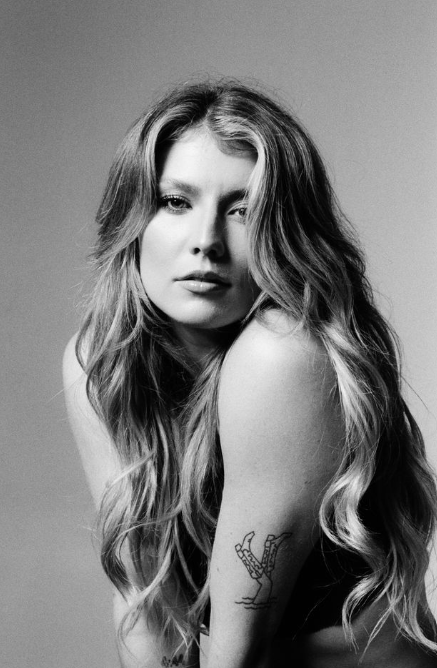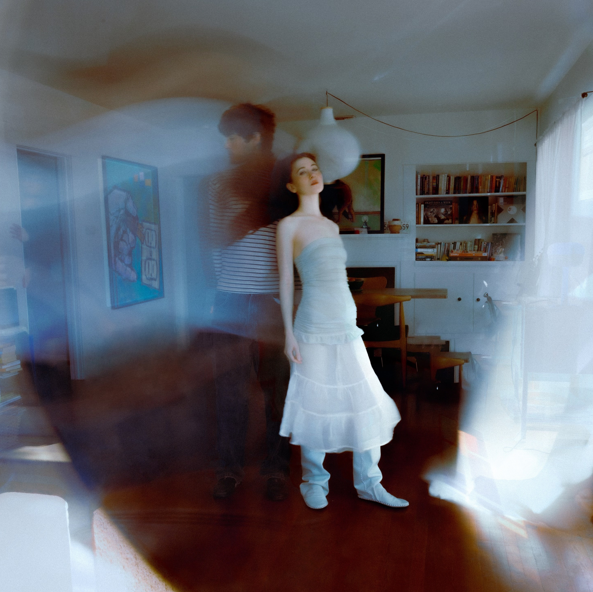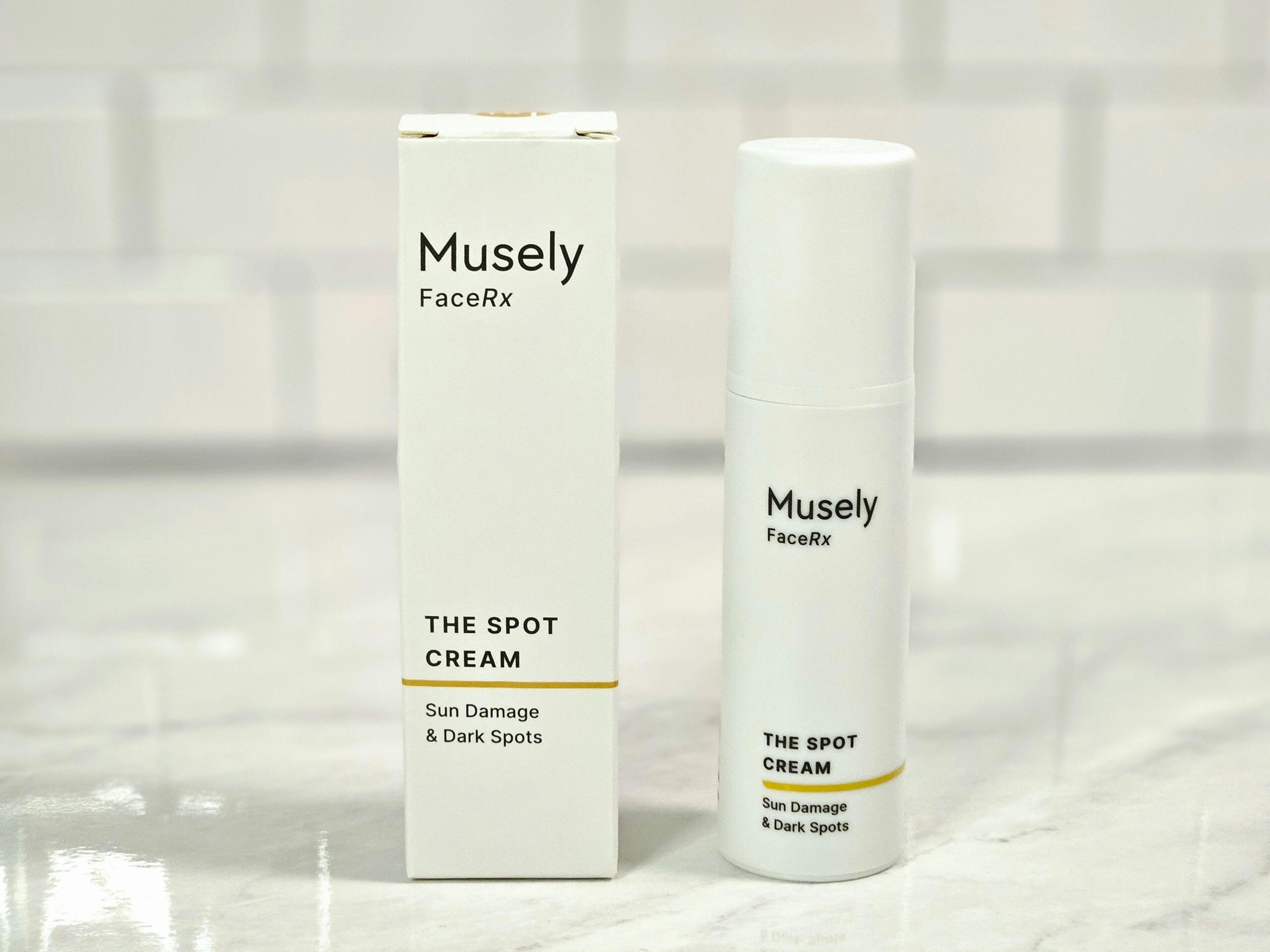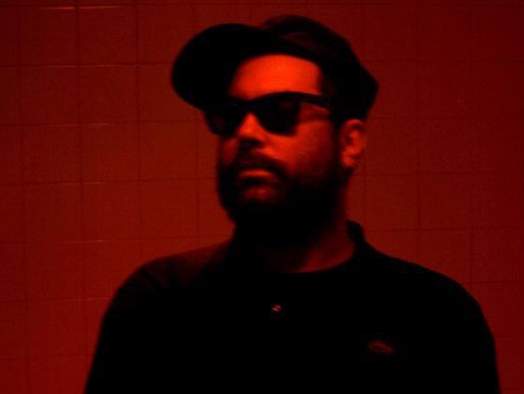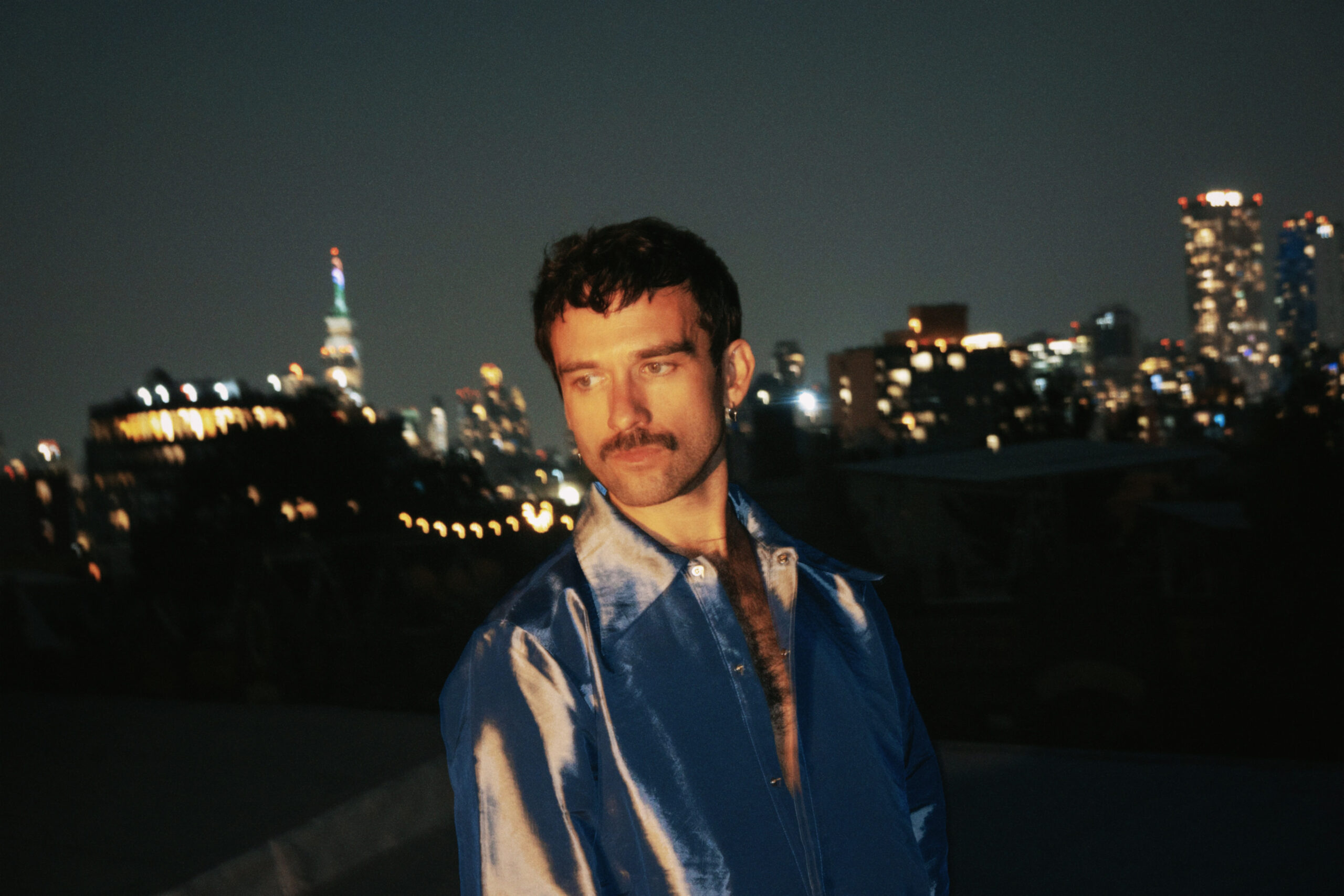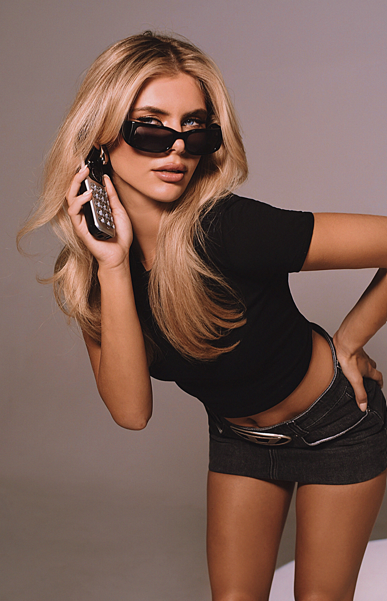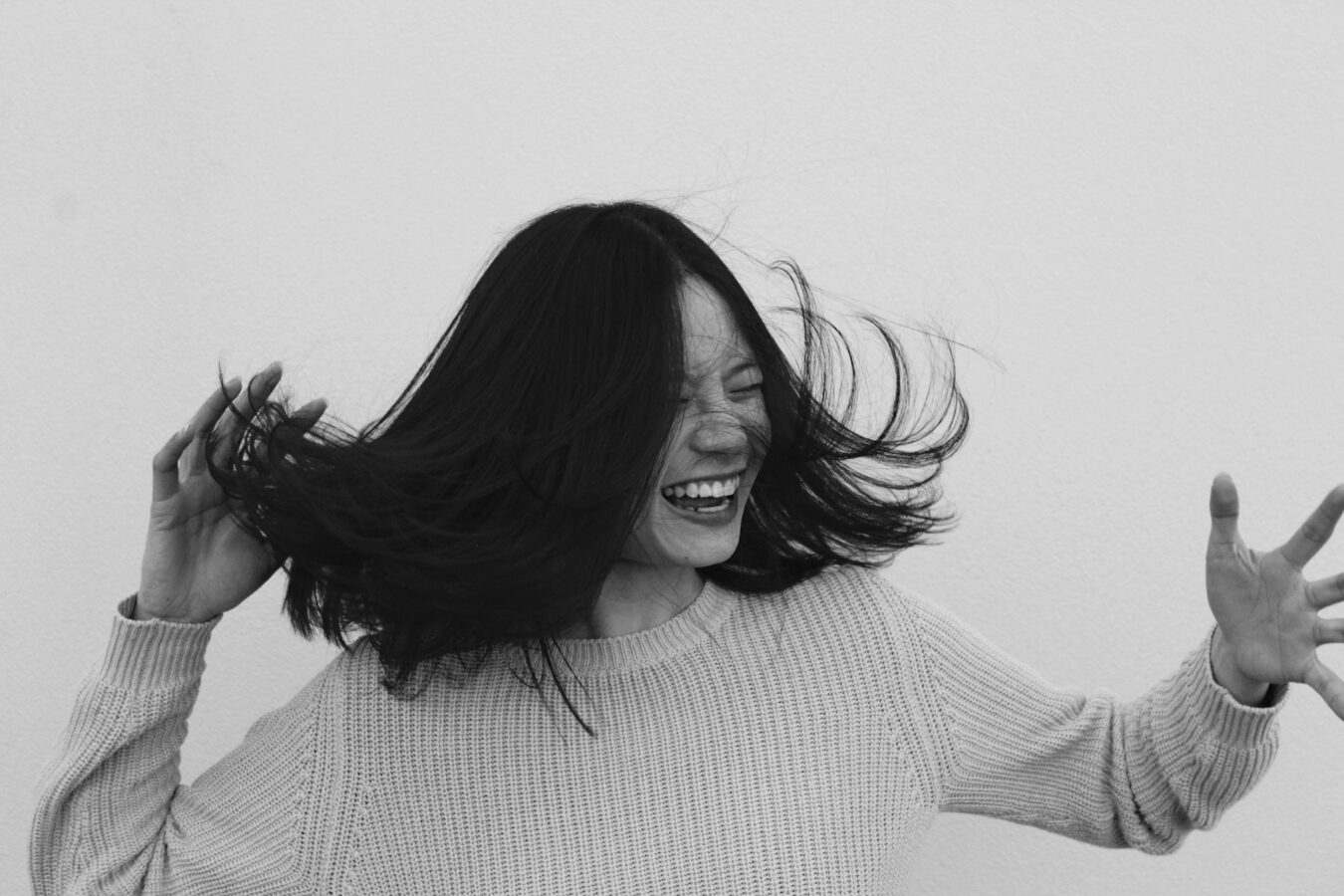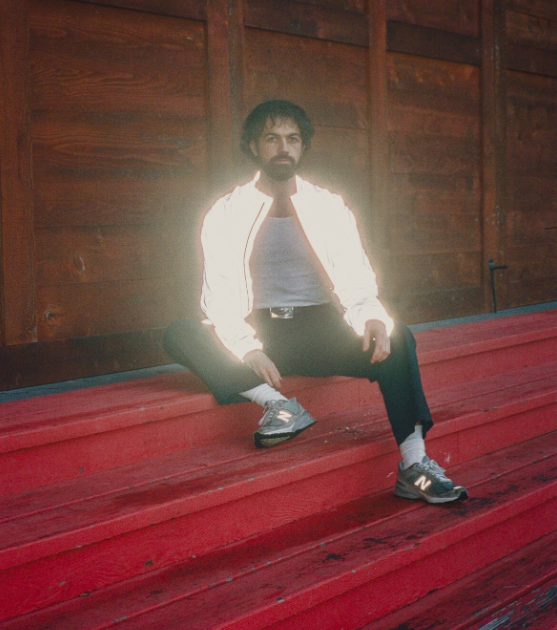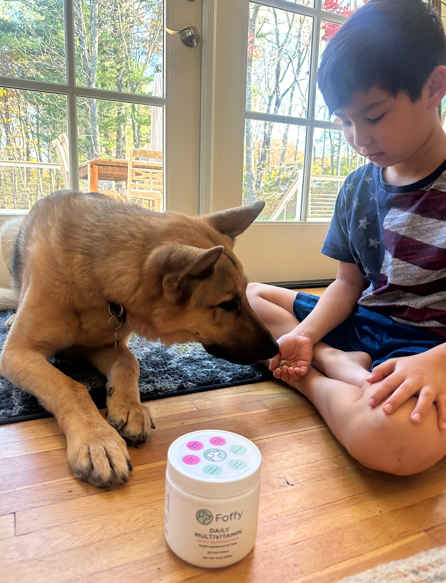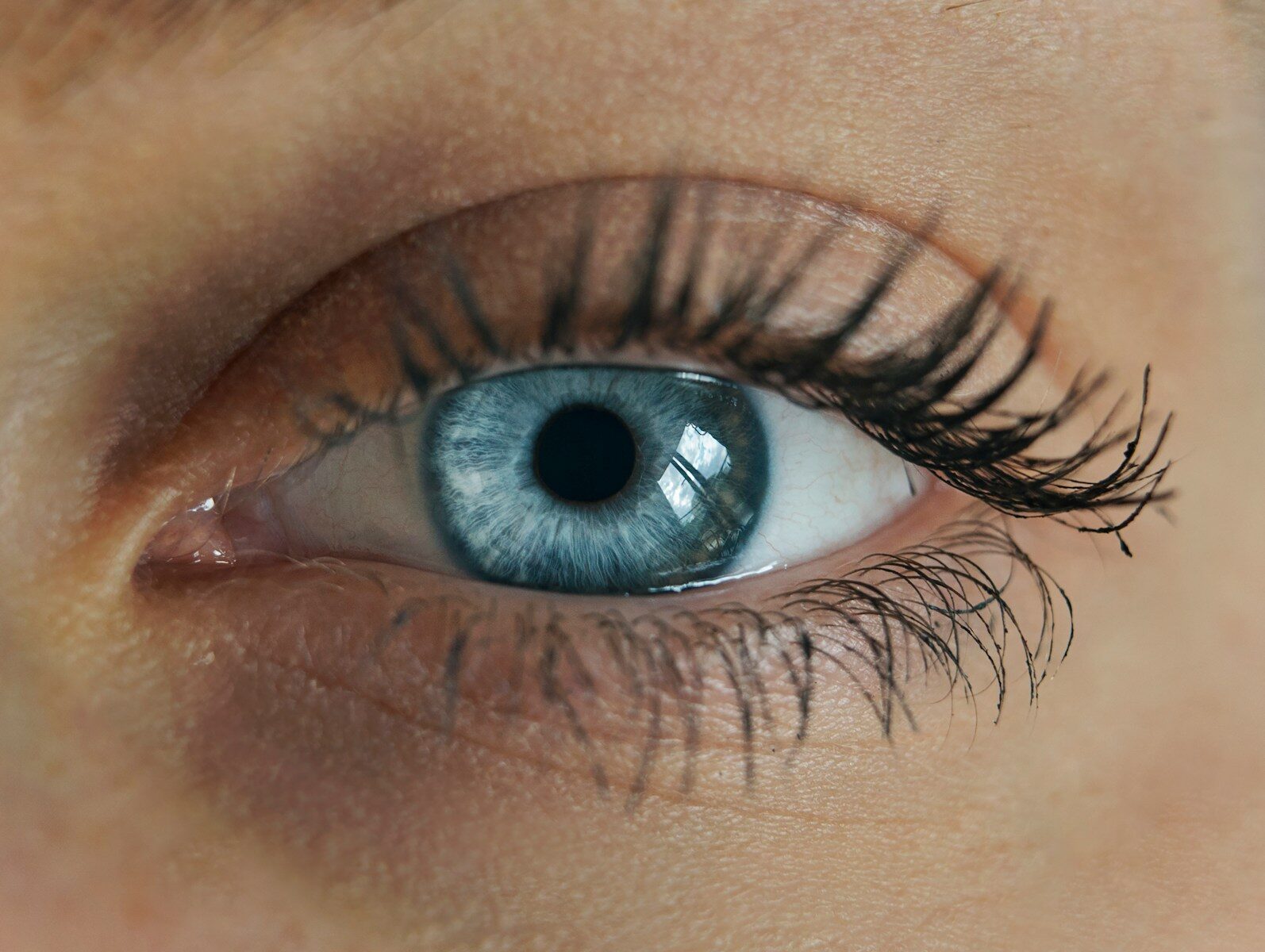Film
Exclusive Interview: Neal McDonough and Austin Glasser Break Down The Writer
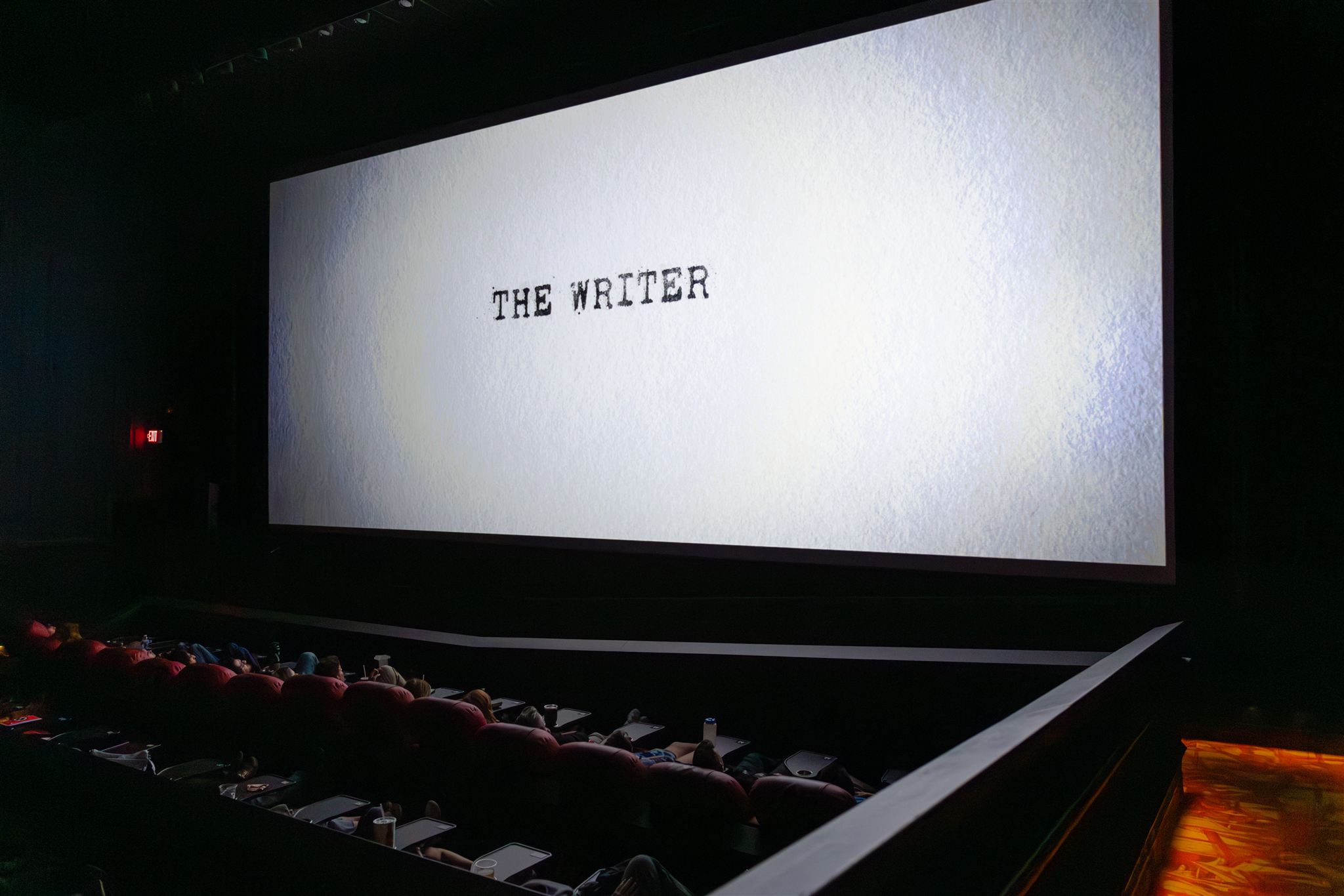
Short films have to squeeze big ideas into tiny runtimes, making them intensely personal. The Writer, a new short from first-time writer-director Austin Glasser , throws family, ambition, and the weight of expectation into that pressure cooker and lets it boil.
The film arrives with a stacked cast — Yellowstone’s Jefferson White and Neal McDonough (also known for “Tulsa King”) and Sara Paxton, know for “Aquamarine” (2006), episodes of “Good Girls” (2018-2019), “Blonde” (2022) and most recently “Weapons” (2025). The short also features Sherri Saum, known for her role in “The Fosters” (2013-2018) and “Good Trouble” (2019 – 2014), and Kariana Karhu.
At the center is Henry (Jefferson White), a screenwriter hiding out in his family’s old fishing cabin while cranking out scripts for a franchise he barely believes in. His agent Lynn (Sherri Saum) keeps pushing, his wife Zoe (Sara Paxton) and daughter Amber (Kariana Karhu) drift further away, and the ghost of his father (Neal McDonough) closes in. The cabin stops being a workspace and becomes a mirror of his unraveling, setting up a final confrontation in which Henry is forced to admit what chasing “success” has really cost him.
You’ve starred in everything from Yellowstone to Tulsa King. What was it like stepping into something smaller and more personal with The Writer?
“Well, you know, when you’re on Yellowstone or Tulsa King, those are massive shows, and massive budgets, and it’s just a whole different beast.
Me personally, I love digging into characters, and I love being part of the independent film world. That’s my favorite.
The studio films and big TV series are fantastic and they’re great paychecks and such, but as an artist, I really like to delve into a character and find the nuances of a character in a format that has a beginning, middle, and end. In TV, you never know where the middle or the end is.
And feature films — genre, the big budget feature films — are just so slow. In television you do nine pages a day. In a feature film, you’re doing one, maybe two pages a day.
In the independent world, you’re doing like five pages a day, and for me, that’s kind of like the right spot — four to six pages a day is kind of like where I like to be. And you feel like you’re actually doing great work every day.
And that’s what I really love about the independent world. And The Writer was exactly that — we shot that in a few days, and there was no time to waste, there was no fat. It was just get into the meat and go get it.
You make choices that were strong and bold, and you know, the director allowed me to be as free as I wanted to within the confines of the script and build this great character that was menacing — and by the end, also tear-jerking at the same time.
And for me, that’s what I want in every role. I call it ‘puking on a canvas.’ And when I get to puke on a canvas and let it all out and not care what anyone thinks of my art — as Oscar Wilde said, ‘Art is useless to anyone but the artist themselves’ — and that’s kind of how I treat my acting.
I’m not really Neil McDonough anymore. I’m this character.
And playing dad in The Writer, gosh, what a freeing character that is for an artist to play. And the enjoyment that I had… it was something I’ll always look back on and think, ‘This is one of my favorite things I’ve ever been part of.’”

What drew you to the role of Henry’s father, and what made this character stand out to you?
“The character of the father… when I read it, I was like, ‘Oh, I’ve got some great ideas for this character.’
I’ve never really played this guy before — incredibly menacing, seemingly evil kind of guy — but by the end, you realize he wasn’t.
He was really just the imagination of my son seeing me pushing him and pushing him and pushing him…
And in the end, that’s one of my favorite endings — when I say goodbye to him, knowing that I’ve made his life better by being difficult with him, by guiding him correctly to do the right thing.
And that’s a message that every dad wants to be part of.
You know, when you see the film, you say, ‘What a twisted, terrible dad this guy is,’ but to him, he thinks that’s the only way he can love his son — because he’s not around anymore. He took his own life, and he didn’t want his son to take his own life.
So he’s pushing him and pushing him, obviously it’s all the imagination of my son, but as it’s written, it allowed me to push him as hard as I could without breaking him.
And at the point of breaking, he finally gets it. That’s when he finds his freedom, and that’s when he gets to finally say goodbye to his dad that committed suicide years ago.”
Austin Glasser is part of a new generation of filmmakers. What impressed you most about his directing style or the atmosphere he created on set?
“Well, a director — most don’t have true vision.
This is what the show is about. This is what this scene is about. This is what this moment is about. Let’s go tackle it.’
And if you’d make a choice that was great and different, he’d be like, ‘Fantastic, I love that.’
If you made a choice that was great and different and it didn’t work — ‘I understand where you’re going, but let’s try this.’
And when it comes to great pieces, it all hinges upon the director and his relationship with his actors, and he had a great relationship with everyone on set. And because of that, he made us all very comfortable.
So it was really a joy watching him delve into his craft and learn on the fly — but he did it with confidence. And most times, that doesn’t happen.
So, I know Austin’s going to have a career as a director, and he’s very passionate about what he does.
He doesn’t say a lot, but when he does speak, it’s spot on. And I really, really enjoyed that.”

You’ve portrayed everything from commanding villains to conflicted heroes. How did playing this “ghostly father” expand your range or challenge you creatively?
“I’m always trying to expand. I’m always trying to find nuances to whatever I do.
My characters — I always kind of pride myself that my characters always kind of look the same. I’ve never had the long wig. I’ve never had the big beards, really.
So whenever you see me, I always kind of look the same. It’s just my intent that is different with each character.
It’s kind of like Anthony Hopkins. Anthony Hopkins — he’s always kind of looks the same in all his films, but his intent is just different with each character, and that’s what I try to do.
And I think by playing a character like this, that you generally would never see on television, and you generally don’t see in big budget films — because big budget films play it a lot safer now than they used to — that’s just a fact. So, when it comes to the independent film world — which is, you know, my favorite medium, as I said before — this allowed me to really grow into a different way and different thought process.
Thinking, ‘Okay, what if I were a ghost? And I was haunting my son? What would I do to get him to be the best version of himself that he could be?’
So it’s always just kind of testing yourself, and as a dad of five kids, I’m always trying to figure out how I can be the best dad. What’s the approach that I have to being the best dad?
Sometimes that guy’s in me. Sometimes that guy’s there to push my kids.
The dad at the end of the film — which is more me — is always there to emotionally be there for my kids so they can have the freedom to make the choices that they want, so they can enjoy their lives.
Not me giving them things that they need to do, but allowing them to fail, allowing them to fly, allowing them to do what they need to do.
And my wife Ruvé — I have no idea where I would be in my life if it weren’t for my wife Ruvé — because she’s not only my touchstone, she’s not only my best friend and the love of my life, she’s also my production partner, she’s also my manager, and she’s also the mother of our five kids. I don’t know how I could be more blessed or more fortunate, and that she allows me to play these characters and really, as a method guy, jump into these characters without fear — and knowing that I go to certain places at times, and she’s like, ‘You need to get back to it.’ if I’m in the house for a month and I’m not doing a film, she goes, ‘You need to jump into a character. You need to get back to what you love doing.’
So she’s also my driving force.
And playing characters like this in the film — to have a wife that allows you to go off and try different things — I’m the luckiest guy I’ve ever met. And that’s just a fact, because I’ve got Ruvé in my life and in my corner.”
As The Writer continues through the festival circuit, what do you hope audiences walk away thinking or feeling after seeing it?
“You can’t depend on these big budgeted lavish things to always pay off.
Nor can you always depend… you know, the small little independent films — when you think, ‘That didn’t work because it didn’t have much money’ — it didn’t work.
This didn’t have a lot of money. But boy, it worked.
And it worked because the script was original, the script had balls to it, and you had a director who was a first-time director and writer who watched his dad producing all these years — and he had the confidence in his approach.
So when you have a great script, a director with confidence, and it’s cast really well, amazing things will always happen.
And it isn’t just the big budget things that have magic — there’s a lightning in a bottle.
And I think we really created something so unique that isn’t really out on the landscape right now.
And you know, Joey, our producer, what he did — being on the set every day, always there, always making sure that everything was running correctly, putting out fires when a fire was going, and doing it calmly — that’s what you want a producer to do. And he did that so well that it allowed Austin to do what he needed to do. And that’s how it’s supposed to run.
And, boy, it was just… you know, for the viewers to go and see this — they’re going to go see this and say, ‘That’s a really great piece of film.’
And I’m glad that I spent however long the film is, sitting in a theater, taking my time and watching actors really jump into characters fearlessly and freely — because they had a director that let them do that.”

We also chatted with writer-director Austin Glasser about premiering The Writer on the festival circuit, self-financing his debut, and why this story was the one he had to tell first:
Congratulations on premiering The Writer at the Austin Film Festival. What was it like seeing your work debut on that stage?
“I couldn’t be happier that it’s now able to be seen on the big screen. Obviously, there’s always a part that’s nervous with having others view it but the positive and the negative is always good to have so you know what to do for next time.”
What inspired The Writer, and what made you decide to bring it to life as a short film?
“I’ve been thinking of stories for some time now and was always curious on what would be the best one to put on the screen for my first time. I worked with a lot of writers and helped them produce their films, and I always noticed the different kinds of circumstances they put themselves in to build it. I always thought they could make a different path or direction hence the creation of The Writer.”
You also chose to self-finance the project — what were some of the biggest challenges and rewards of taking that route?
“Yes, I chose to self-finance the project myself because for a first-time director and writer, most people aren’t gonna throw money at it. The biggest challenge was having the knowledge and ability to say yes and no to the desires you want for your film. A lot of times you are negotiating with studios or the finances to see what is possible. With this circumstance, it was on me to approve everything.”
The film weaves family, ambition, and the supernatural into one story. How did you approach keeping those elements balanced and cohesive on screen?
“Just like regular life, family and ambition can be a tricky balance for anyone. A lot of times these are based off experiences of my life and those around me. The best I can say is try to put all you want on that page to see what it could look like and if it doesn’t fit, then you can always cut that out. For the film it’s more of a combination of both supernatural and psychological elements. I personally lean more to the psychological because the cabin itself is supposed to be a look into the mind of our lead. Again, this film isn’t for me to watch, it’s for the audience and they can either go psychological, supernatural, or even both as long as they have something that they understand and can connect to is the point of the story.”
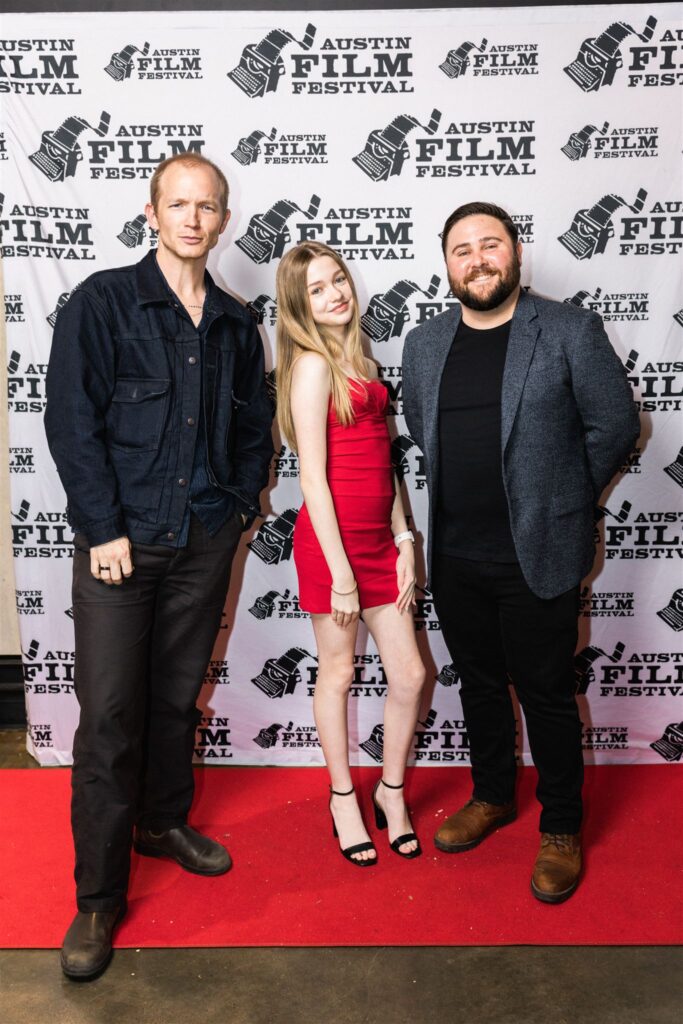
You cast Neal McDonough as the father. How did that collaboration come about, and what stood out to you about working with him?
“I was very lucky to be able to work in the world of the show Yellowstone and Neal McDonough was a part of that as well. Though I never worked with Neal directly until he came on board to do my film. It just worked out like that. I ended up meeting folks who also knew Neal and I got to tell them about The Writer and they were in a situation where they were willing to send it to him. To be honest, I never thought I would be able to work with such an amazing cast altogether, especially for my first film. Working with Neal was an honor and a privilege. He was kind and willing to work together on bringing the best form of the character to the screen. A lot of ways he helped improve the character and the story in a way that I didn’t think was possible, which comes to show you that one person can’t do everything and we live to work with others.”
Short films demand a lot of precision… Were there any moments on set where things clicked and you knew you’d found the film’s rhythm?
“For me, I think I found the film’s rhythm honestly during our first day of shooting. Due to some actors’ schedules, we needed to shoot our ending scenes first, which was our most important portion to shoot. There’s always a worry that actors might not feel fully into the character yet, especially on the first day, but both Jefferson White and Neal McDonough blew it away with little to no notes for me to give. That’s when I realized that I put together a story that people understood and that could be expressed on the screen. It pushed me to want to tell the story even more.”
You’ve said your wish is that audiences “aren’t afraid of following their dreams.” How do you hope that message resonates through The Writer?
“Many will probably see this film as a critique on the industry and the burden it puts on the writers. This isn’t a critique on the industry, but a critique on the choices that lead us to our goals and dreams. I chose to make this about a screenplay writer because that was something that I understood well, that I could connect to and if there’s others that can connect to that’s amazing. The point of the story was that you can replace the writer with a different ambition or dream that anyone in the world has. In the end it’s our choices that guide us and point us in the path that creates our lives. All I’m trying to express is that there is always another path to follow even though you might not see it yet.”
Now that The Writer has begun its festival run, what’s next — both for the film and for you as a director?
“I guess that will be the question isn’t it? For me it’s making sure that The Writer finds the right audience during the year long festival run. I’m also working on other stories that I would love to make it to the screen one day. I’ve also been communicating with some folks on a potential feature for me to direct and I’m helping the writer with the story in a way that can get us the financing behind it. Just like the message in my story, I’m just aiming to be on a path that will help me get to my dreams and be happy on the way going there and have no regrets.”
Click to watch the trailer 👇

